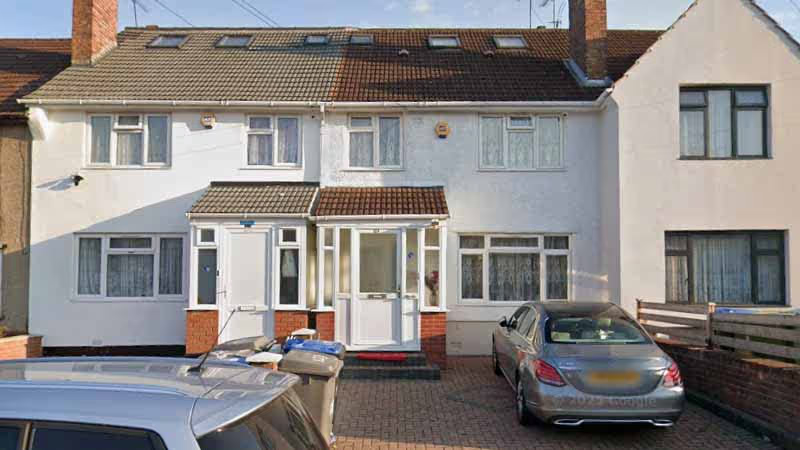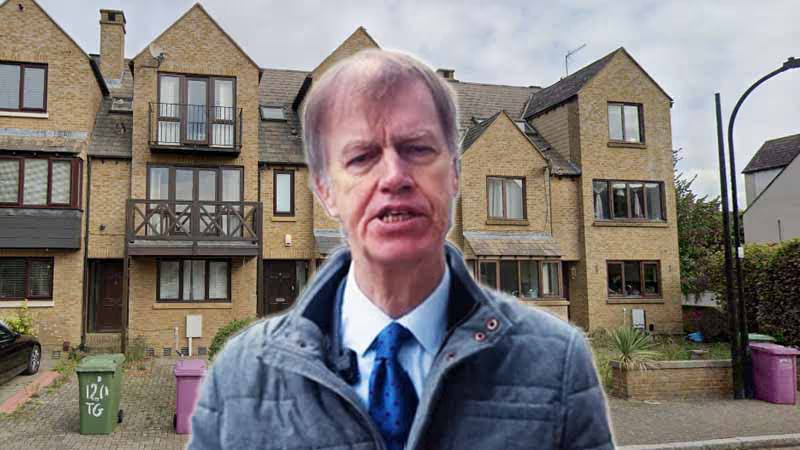A housing safety law expert has called for Southwark Council to be hit with a multi-million pound fine after it failed to carry out required electrical safety tests at its properties.

The authority, which has 36,000 council homes and last year launched one of London's largest selective licencing schemes, referred itself to the Regulator of Social Housing, and will simply get a slap on the wrist, says Phil Turtle (pictured), of Landlord Licensing & Defence.
However, he believes this “national scandal” is a great opportunity to treat it in the same way councils treat private landlords, which would equate to a fine of up to £270 million.
“Any private landlord that failed to do an Electrical Installation Condition Report (EICR) every five years and who let a property without a valid EICR would be fined by the very same local authority up to £30,000,” he explains.
Potential harm
The potential harm would be considered as high because EICRs were introduced specifically because of the significant risks of electrical fires and electric shock/electrocution due to old fashioned, and now inadequate, circuit protection, says Turtle, while culpability would be rated on the landlord’s experience and ability.
“A portfolio landlord would have no excuse for not knowing and would be rated at the top of the culpability scale. As such, the local housing authority would be imposing fines of 10,000 properties, times – let’s say £27,000 each - which would be £270 million.”
Southwark is now carrying out the outstanding tests. Councillor Kieron Williams says it takes residents’ safety extremely seriously. “Whilst we have made real progress – improving our repairs service, tackling damp and making our homes safer from fire – we also have work to do,” explains Williams. “This includes completing these important electrical tests. I apologise for this delay.”















.avif)
.avif)



















Comments